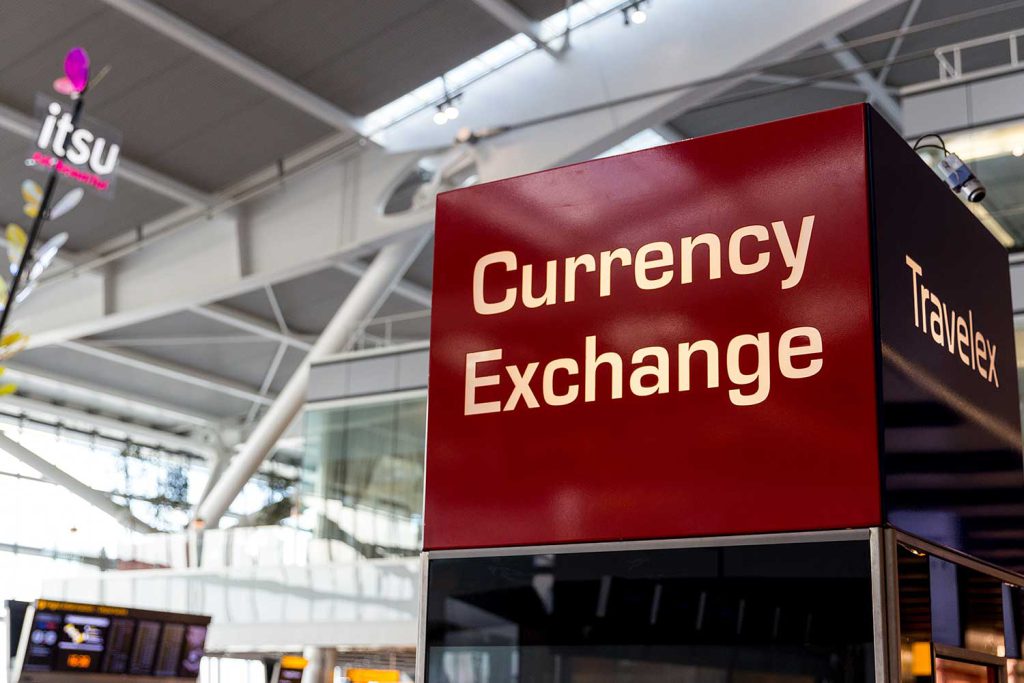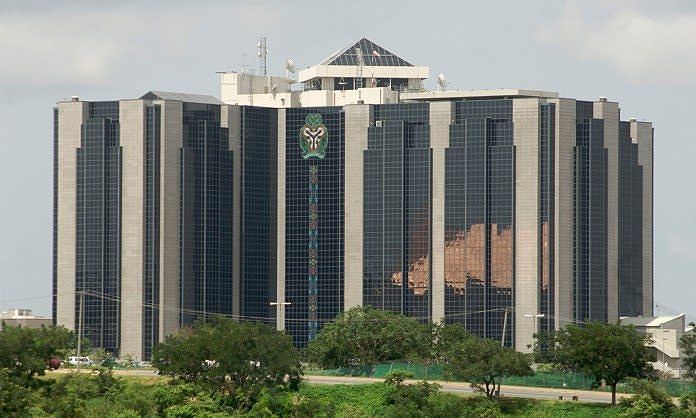Foreign exchange trading in Nigeria has undergone a significant transformation with the Central Bank of Nigeria (CBN) over the past few years. But the CBN has recently unveiled new operational mechanisms for the sale of forex by Bureau De Change (BDC) operators within the country. This development arrives after a span of 2 years since the announcement by the former CBN governor, Godwin Emefiele, regarding the discontinuation of foreign exchange sales to this segment of the forex market. The new guidelines seek to bring about stability and transparency in a market that plays a pivotal role in Nigeria’s economic landscape.
The CBN’s Operational Mechanisms:
The Central Bank of Nigeria has taken decisive steps to reshape the landscape of forex trading in the country as it stands. The core of this transformation revolves around the reworking of operational mechanisms for forex sales by BDC operators. According to a statement released by the CBN, the spread on buying and selling by BDC operators will now be confined within an allowable range of -2.5% to +2.5% of the Nigerian Foreign Exchange market window’s weighted average rate from the previous day. This move is aimed at streamlining the pricing dynamics within the forex market, controlling excessive volatility and fostering more predictable trading conditions.
Enhanced Reporting Requirements:
A crucial facet of the new operational framework pertains to enhanced reporting standards. BDC operators are now mandated to provide statutory periodic reports – on a daily, weekly, monthly, quarterly, and yearly basis – through the supposedly upgraded Financial Institution Forex Rendition System (FIFX). This advanced reporting system is said to have been tailored to meet the individual requirements of each BDC operator, thereby facilitating more comprehensive and transparent reporting practices. The CBN underscores that non-rendition of returns will attract sanctions, potentially including the withdrawal of operating licenses. In instances where operators have conducted no transactions within a specific period, they are expected to submit nil returns, aligning with the newfound emphasis on accountability.


Shifting Perspective:
The shift in the CBN’s approach to forex trading through BDCs signifies a new chapter in Nigeria’s financial landscape. Previously, the suspension of forex sales to BDCs was attributed to concerns over possible money laundering and the potential for BDCs to facilitate illegal forex dealings. Emefiele, the former CBN governor, had expressed worry that BDCs were undermining the central bank’s cashless policy and contributing to the dollarization of the Nigerian economy. However, the latest leadership at the CBN has indicated a recalibration of this stance, viewing BDCs as potential partners in stabilizing the foreign exchange market.
The Path Ahead:
While the CBN’s statement has not explicitly mentioned the continuation of forex sales to BDCs, it is evident that the new guidelines are designed to usher in a more transparent, accountable, and stable forex trading environment. As Nigeria’s economic landscape evolves, these new mechanisms are said to have been put in place to navigate the challenges of a fluctuating global economy while preserving the integrity of the nation’s financial framework. With approximately 5,687 licensed BDCs operating in the country, the impact of these guidelines reaches far and wide, making them a critical component of Nigeria’s economic rejuvenation.
Hopefully the CBN’s overhaul of the operational mechanisms for the sale of forex by BDC operators in Nigeria will actually have the desired positive effects on the country’s foreign exchange trading landscape, because it is currently in very poor shape. With an emphasis on transparent pricing, enhanced reporting, and accountability, these changes might be poised to foster a more stable and predictable forex market. And as Nigeria’s economic journey progresses, these guidelines may just pave the way for a slight improvement in the forex environment in the country at the moment.









Facebook Comments